Russia
The strongman of eastern Libya, Marshal Khalifa Haftar, was received by Russian President Vladimir Putin in Moscow on Thursday, his Libyan Arab Armed Forces (LAAF) and the Kremlin announced.
Marshal Haftar "met with Russian President Vladimir Putin and Russian Defense Minister Sergei Choigou in the Russian capital Moscow", the LAAF announced on their official Facebook page, without giving details.
Kremlin spokesman Dmitry Peskov confirmed the meeting to Russian state agency TASS. "The situation in Libya and the region as a whole was discussed", he said, without elaborating.
It was the first meeting between the two men since 2019, according to Libyan media.
Haftar arrived in Russia on Tuesday to discuss the situation in Libya and bilateral relations with Russian officials, according to LAAF. He was received by Russian Deputy Defense Minister Yunus-Bek Yevkurov, who has made several trips to eastern Libya to meet the field marshal.
Their last meeting was on September 17, at the LAAF headquarters in Benghazi, a few days after the floods that left thousands dead and missing in the eastern Libyan city of Derna.
For several years now, Russia has been leading a diplomatic offensive in Africa, aiming to supplant the traditional Western powers. Isolated on the international stage and in search of allies, it has stepped up its efforts tenfold since its assault on Ukraine in February 2022.
Moscow maintains close relations with Marshal Haftar, who had used mercenaries from the Russian paramilitary group Wagner in his failed attempt to seize the capital Tripoli, from April 2019 to June 2020.
This failure was followed in October 2020 by a ceasefire agreement, compliance with which is supervised by a military commission comprising five officers from each side.
Since then, hundreds of Wagner members have remained active in the east, which is also the oil terminal zone, and in southern Libya, despite the departure of some of their forces to Mali or Ukraine to fight alongside the Russian army.
Riddled by divisions since the fall of Muammar Gaddafi in 2011, Libya is governed by two rival administrations: one in Tripoli (west), headed by Abdelhamid Dbeibah and recognized by the UN, the other in the east, embodied by Parliament and affiliated to Khalifa Haftar's camp.



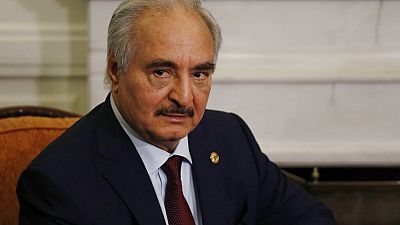

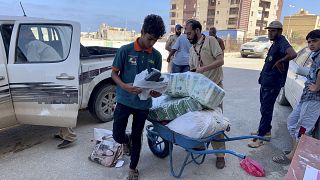
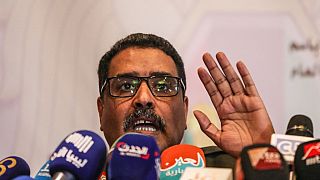
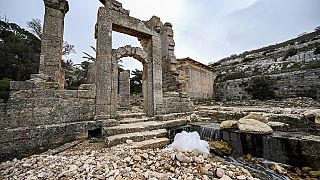
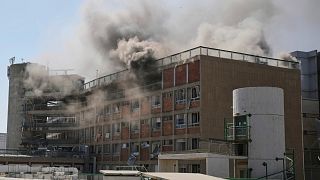
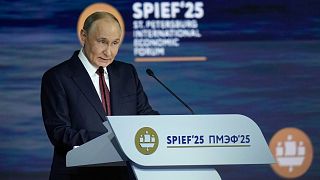
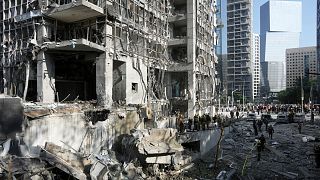


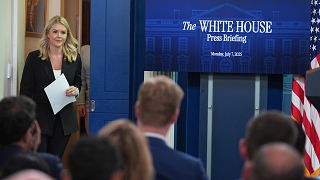
01:00
Russian minister found dead hours after being dismissed
01:16
Greece FM Gerapetritis meets Libyan strongman Haftar in Benghazi
01:24
EU to seek tougher measures from Libyan authorities on Mediterranean migrant sea crossings
00:56
South Africa: At least 101 dead in Eastern Cape floods as rescue efforts continue
01:50
UN urges renewed political and climate action in Libya amid humanitarian and governance crises
01:14
Mali and Russia sign deal on nuclear energy during Goïta's Moscow visit